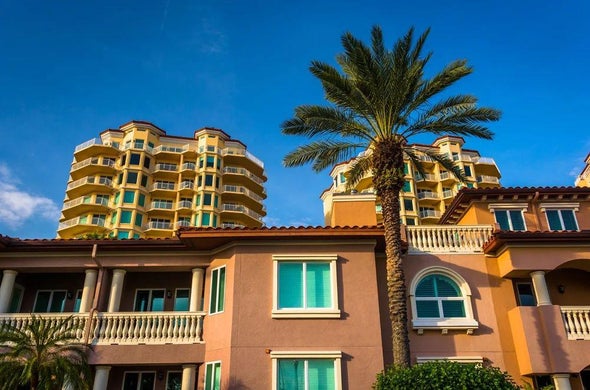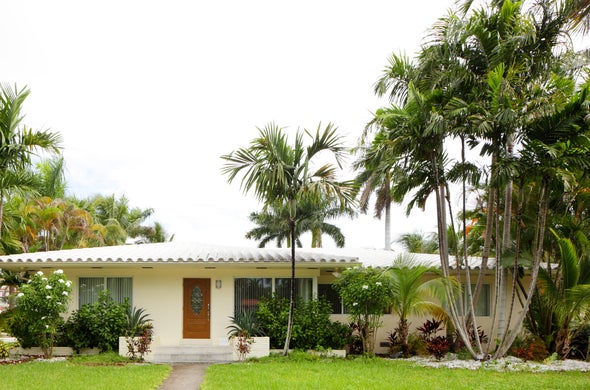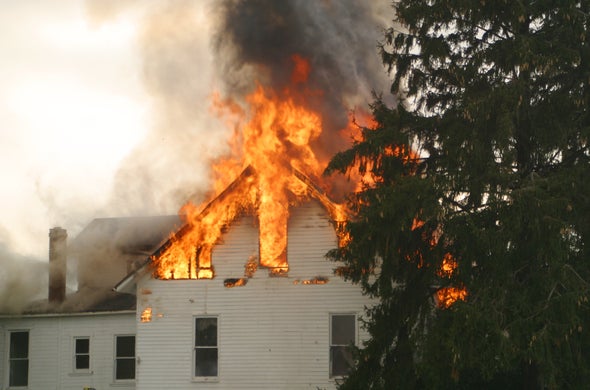Why you'll love Kin
From small claims to disasters, we're here to help you recover quickly.
Here to help
We reach out before and after major weather events to make sure you’re okay — and to assist if you need to file a claim.
24/7 claims support
Easily file a claim over the phone with a member of our support team or online in your Customer Portal.
5-star care
Our licensed insurance experts are available to help via email, phone, or live chat.
What does condo insurance cover?
Rest easy knowing your coverage protects what matters most.
Dwelling coverage
for the actual structure of your home, inside and out.
Personal property
for your personal belongings that make your house a home.
Loss of use
for additional living expenses when a covered loss forces you to temporarily relocate.
Personal liability
if you accidentally cause someone bodily injury or property damage.
Medical payments
if a guest is injured on your property.
Common questions about condo insurance
What is condo insurance?
Condo insurance, or H06 insurance, is the policy that covers your unit’s interior from the walls in, which includes your personal property. (For that reason, it’s sometimes referred to as “walls-in” or “paint-in” coverage.) Unlike single-family homeowners who must insure their home’s entire structure, you’re only responsible for insuring the interior — your condo association’s master insurance policy covers your unit’s exterior and the common areas.
What determines how much condo insurance cost?
Several variables will determine your condo insurance costs. Common factors include:
-
Location. Areas prone to natural disasters or with higher crime rates generally have higher premiums.
-
Building structure and age. Older buildings or those with outdated systems may be more expensive to insure.
-
Coverage limits. Higher limits for dwelling, liability, or personal property will increase your premium.
-
Deductible amount. Choosing a lower deductible means higher premiums, while a higher deductible can reduce costs.
-
Claims history. If you or your building has a history of claims, insurers may charge more.
-
Type of construction. Fire-resistant or reinforced materials can reduce your insurance costs.
-
HOA master policy coverage. The more your homeowners association covers, the less individual coverage you may need.
-
Security features. Gated access, alarm systems, or on-site security may help lower your premium.
-
Personal property value. More valuable belongings require higher coverage, raising costs.
-
Liability risk. If you host guests often or have high-risk features (like a pet or balcony), your premium may be higher.
How much condo insurance do I need?
How much condo insurance you need depends on your specific home, but there are some general guidelines you can follow:
-
Dwelling coverage. A smart approach is to secure enough condo insurance to cover the replacement of interior finishes, such as cabinets, plumbing and lighting fixtures, wall and floor coverings, in the event of damage from a covered loss.
-
Personal property. Insurance policies often default to 50% of your dwelling coverage limit for the belongings inside your home, but you can choose more coverage if you think you need it.
-
Personal liability. Insurers commonly recommend $300,000 in personal liability coverage, which can protect you from legal costs and expenses if you get sued for an incident that occurs inside your home.
-
Medical payments. Policies often include $1,000 to $5,000 in coverage to handle medical bills if someone gets injured inside your condo, but you can opt for more.
-
Loss of use. If your condo gets damaged by a covered peril and you need to move out for repairs, loss of use insurance can cover your living expenses. Insurers often set this coverage at 20% of your dwelling limit.
What does condo insurance not cover?
-
Other structures — your HOA’s master policy will cover shared structures like fences
-
The entire building — the master policy is responsible for the building’s exterior
-
Certain perils — like earthquakes, floods, demolition to bring the home up to code, and seizure or demolition by the government
-
Condo building owners
-
Certain structures — like single-family detached homes and mobile homes
What additional coverages should condo owners consider?
Condo owners should consider some of the following additional insurance types to protect their homes:
-
Windstorm insurance. Some insurers don’t cover windstorm damage as a standard part of condo insurance in certain parts of the country. If you don’t have windstorm insurance, you may want to buy it to protect your condo from storms.
-
Flood insurance. Condo insurance does not cover any damages caused by external flooding and rising waters. You can typically purchase a flood insurance endorsement or a separate policy.
-
Earthquake insurance. To get covered for earthquakes, you need to purchase earthquake insurance as an endorsement or a standalone policy.
-
Sinkhole insurance. Some states, like Florida, are at risk for sudden land collapses called sinkholes. You can add sinkhole insurance to your existing policy as an endorsement.
-
Water backup insurance. Adding this endorsement to your policy can protect your condo from damage when water backs up into your condo.
Is condo insurance required?
Condo insurance is not a legal requirement anywhere in the country. But your lender may require you to get and maintain condo insurance while you have a mortgage, and your condo association also may require it as part of your agreement.
Does condo insurance cover common spaces?
Condo insurance does not cover anything outside your condo unit. Your condo association’s insurance policy should cover the building exterior, other structures, common areas, and anything outside your condo unit’s walls.
How is condo insurance different from homeowners insurance?
Homeowners insurance must cover the entire structure of the home inside and out. On the other hand, because condo insurance has help from the HOA’s master policy, it only needs to cover the interior of the home. That usually means that condo insurance is much less expensive than homeowners insurance.
Homeowners and condo insurance policies also differ on personal liability. Condo owners have much less personal liability exposure than a homeowner, who has to worry about visitor injuries anywhere on their property (like the driveway, the backyard, or the porch). If a guest is injured in a condominium’s shared areas, it may end up being the HOA’s responsibility.
What does my condo association’s master insurance policy cover?
Your HOA fees help pay for a master insurance policy that covers your building’s exterior. There are three types of condo master insurance policies:
-
Bare Walls Coverage — This is the most bare bones master policy; it only covers the building (its exterior, roofing, framing, wiring, insulation, and drywall) and common areas
-
Single Entity Coverage — This covers everything a Bare Walls policy does, plus built-in fixtures in individual units
-
All-in Coverage — This is the policy with the most protection. It covers the structure, common areas, and built-in fixtures, plus individual unit additions and improvements.
What states does Kin offer condo insurance in?
Kin offers condo insurance in Florida.








